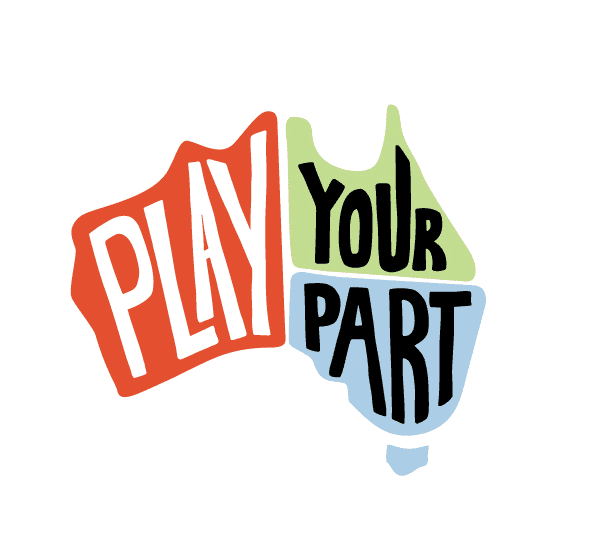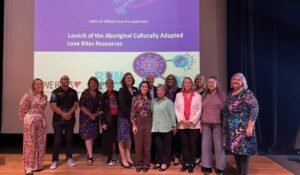In light of the release of the final report by the Royal Commission into Institutional Sexual Abuse, NAPCAN challenges all Australians to be part of a movement to value, respect and believe children.
Having removed the blindfold from the horrors of childhood sexual abuse in trusted organisations, we are presented with opportunity for change and healing.
There is reason for optimism when we hear people talking about prevention, about change, and about how everyone in the community has a part to play in protecting children.
The real power of the Royal Commission into Institutional Sexual Abuse is the voice it has given to thousands of people who have been abused.
Australia finally listened. The sheer number, and weight of evidence, gave us no choice.
By listening – and believing – we learned a lot; a lot about what happened, how it happened, the impacts on real lives, and – importantly – how to prevent it from happening again.
Research carried out on behalf of the royal commission also highlighted the importance of involving children in decisions about their own safety. Interviews with children showed that they experience safety differently to adults, that they want to be involved, and that we need to take their concerns seriously.
(See: http://www.acu.edu.au/…/…/safety_of_children_in_institutions)
As one of the surveyed children highlighted, “Lots of adults don’t care enough about kids and this stuff is going to keep happening. Until they see us as having good ideas and believe us, nothing will change.”
The most important lesson of all is; ‘We need to believe children’.
The consequences of not believing a child are simply just too great.
We also need to ask ourselves why it is that we so easily dismiss the voices of children and young people in our community.
If you take a moment to reflect on who you do believe, most of us will realise that the people we listen to – and believe – are the people we value and respect.
So let’s ask ourselves, does Australia really value and respect children? Or are we stuck in a culture of ‘seen and not heard’? Or worse still ‘not seen and not heard’?
When a child speaks to us, are we really present, are we really listening?
Rather than simply slotting children into our adult world, do we really understand their wants and needs?
Do we have the wisdom to understand that a community free from abuse is a better community for everyone? Just as air pollution affects everyone, abuse spreads its toxic effects throughout the community, now and into the future.
It is time for all Australians to be kind to children and families, to value them, to respect them, and to BELIEVE them.
Smile, listen, be present, be kind; because the little things you do today make a difference.
It is time for children to be seen, heard, and believed.




